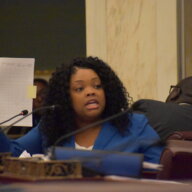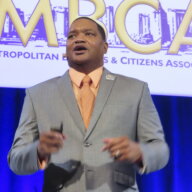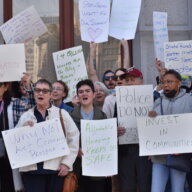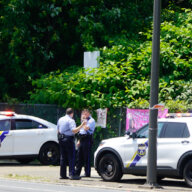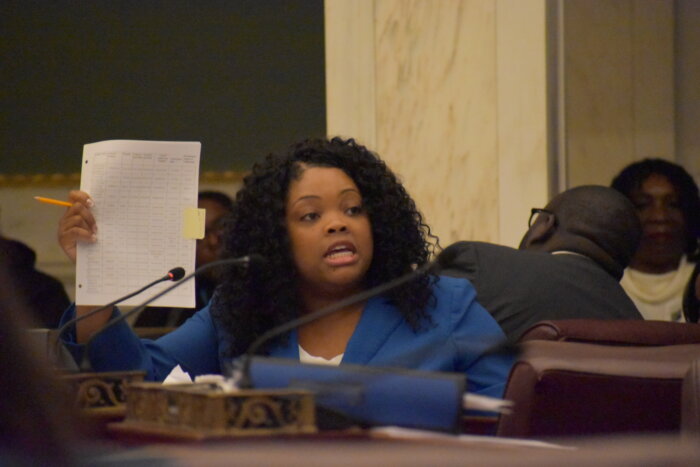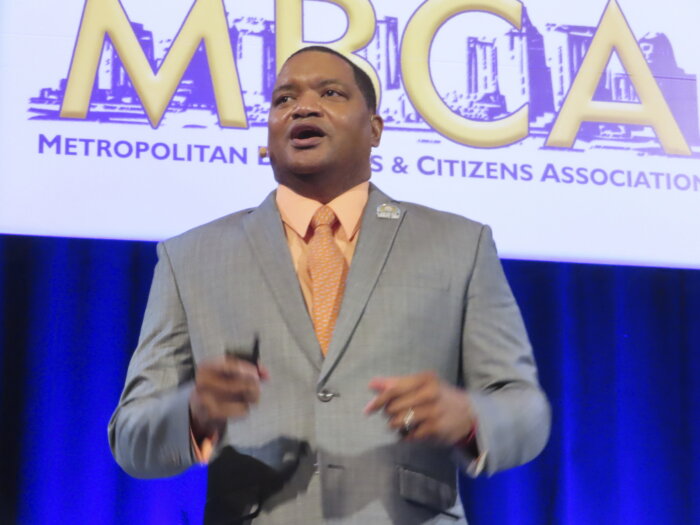Members of city firefighters union Local 22 packed City Council chambers on Thursday to protest a new mass transfer policy slated to go into effect this January that would reassign up to 20 percent of firefighters annually, beginning with some of the department’s longest-serving veterans. “This plan is dangerous,” Local 22 President Bill Gault said. “This plan hasn’t been done anywhere in the country. This is taking the senior guys out of the spots where they know the local like the back of their hand.”

A Nov. 1 department-wide memo from Commissioner Lloyd Ayers said the new policy will have each firefighter serve in a given assignment for an average of five years. “The goal here is to develop a firefighting force that has a wide level of experience and skill,” said Mayor Michael Nutter’s press secretary Mark McDonald, who called Gault’s statements “absurd.” “The city is made up of many different areas with different kinds of buildings, different kinds of fire threat issues, and it’s the belief of the administration that residents will be better served by a stronger firefighting force that has broad experience in different parts of the city.”
But union officials argued that the transfers will accomplish the polar opposite. “Injuries and response times will rise if this policy stands,” Gault said. “The firefighters they intend to transfer are the ones who teach the young guys, the ones who know the unique features of the surrounding neighborhoods and the best routes to take to reach a fire site quickly and safely.”

McDonald noted that the policy was crafted over six months with the participation of a union representative and that firefighters will be able to submit five choices of places they’d like to transfer, as well as apply for hardship exceptions. “A lot of times, firefighters will work overtime and they very often do that in other fire districts,” he said. “So it’s literally the situation that Mr. Gault is saying is so dangerous.”
Gault suggested the policy’s motives may be more sinister. “We have to wonder if the mass transfer policy is a thinly-veiled attempt to force veteran firefighters who stand to be affected by the mass transfers into early retirement, resulting in cost savings to the city,” he said. “Many of the veteran firefighters who stand to be affected by the mass transfers are in the D.R.O.P. and only have a year or two to go before retirement.”

Local 22 Recording Secretary Mike Bresnan said the transfers will erode public safety by destroying decades-long bonds between unit members. “If you’ve got four guys in an engine company that have been together for 20 years, they’re each others’ godfathers and best men in weddings,” he said, likening the trust forged among members to that created during military combat. “They’re just grabbing at straws, I think, to substantiate what they’re trying to do and I think ultimately they want to break up that cohesion, they don’t want that unity. They may look at it as we’re uniting against management.”
The union has been embroiled in a contentious contract dispute with Mayor Michael Nutter’s administration since 2009 and filed a lawsuit this summer after the city declined for the second time to honor the binding terms awarded by a third-party arbitrator. “I would hate to assign reasons for it that probably shouldn’t be said,” Councilman Jim Kenney said of the transfer policy. “But I just think that it’s wrong.”
Council has their backs
Local 22 on Thursday found a friend in City Council. Councilmen Mark Squilla, Bobby Henon, Jim Kenney, Brian O’Neill and David Oh introduced legislation to hold a hearing investigating the transfer policy. The resolution passed Council and the hearing is set for Nov. 27.

Kenney recounted an email he received from a firefighter in Engine 10, who in August lost Lt. Robert Neary and firefighter Daniel Sweeney in a partial building collapse during a Kensington warehouse blaze. “One of things he said to me that was very poignant was a number of people in that company were responsible for digging out the two fallen firefighters and those that survived and they’re still healing and they’re trying to get their heads and hearts back together after that loss,” Kenney said. “And two of those firefighters in that company are scheduled to be transferred away from their families, away from their communities and to me, that’s just cold-hearted.”
Henon on Wednesday sent letters to Nutter and Ayers opposing the new policy. “I think that it absolutely needs to be looked at deeper,” he said Thursday. “And I’d like to know the methodology and the reasoning for putting our citizens in harm’s way.”
By the numbers
295
270 Firefighters this year submitted transfer requests that were not honored, according to Gault. McDonald said that he had no idea what Gault was talking about.
10 Years is the average amount of time it takes for a firefighter to become familiar with his or her local, Gault said.
5 Years is the average amount of time firefighters will serve in any given assignment under the transfer policy.









